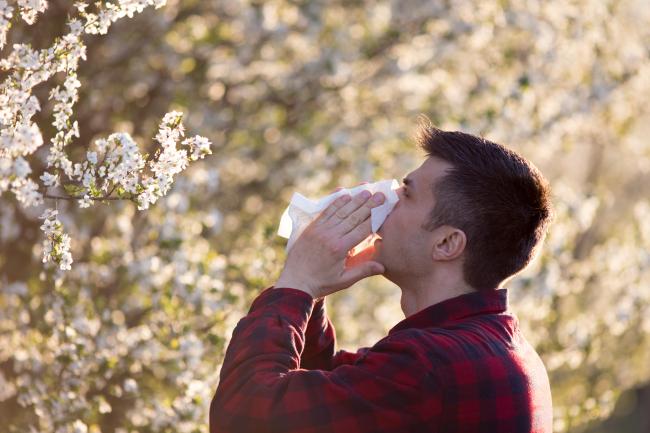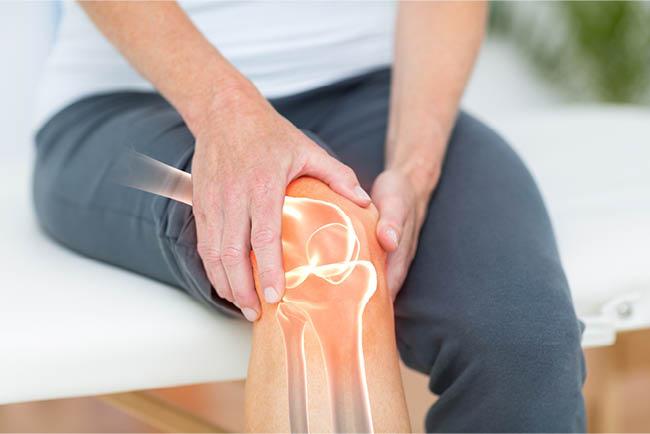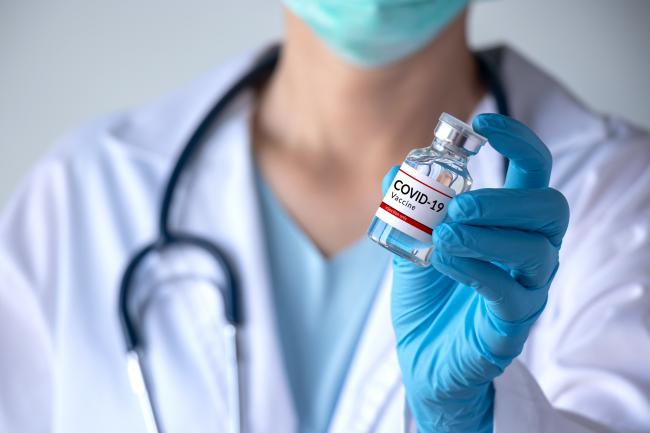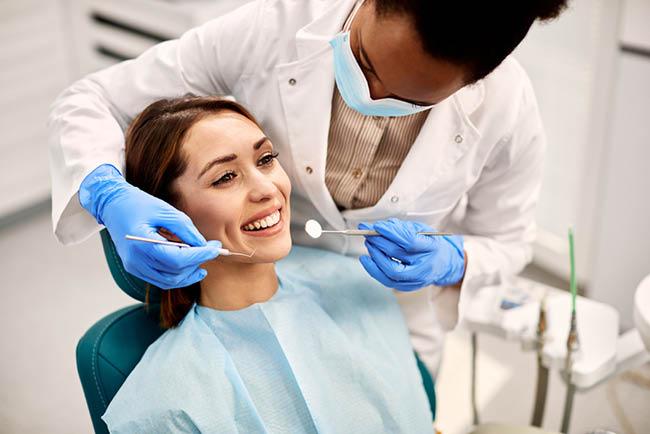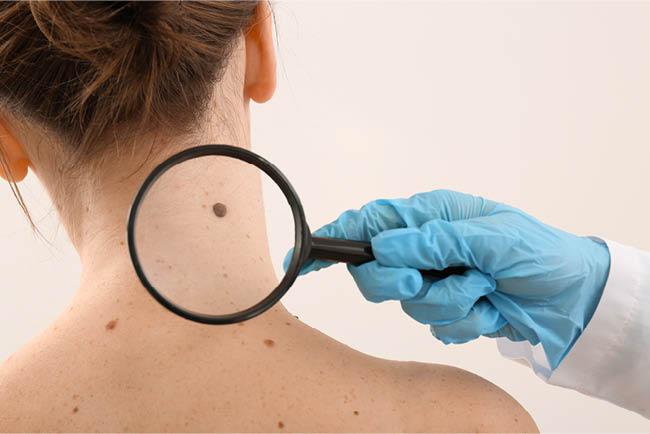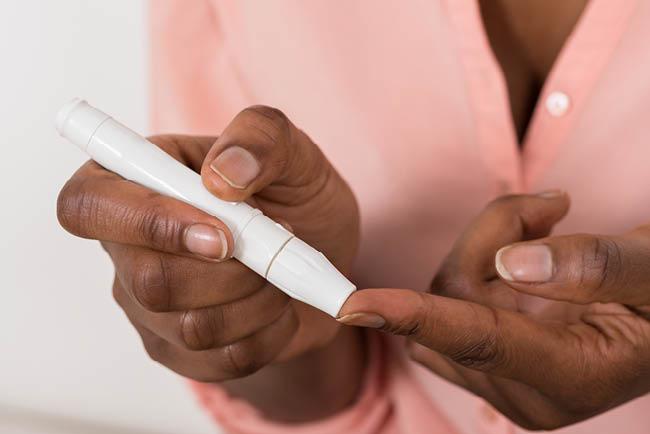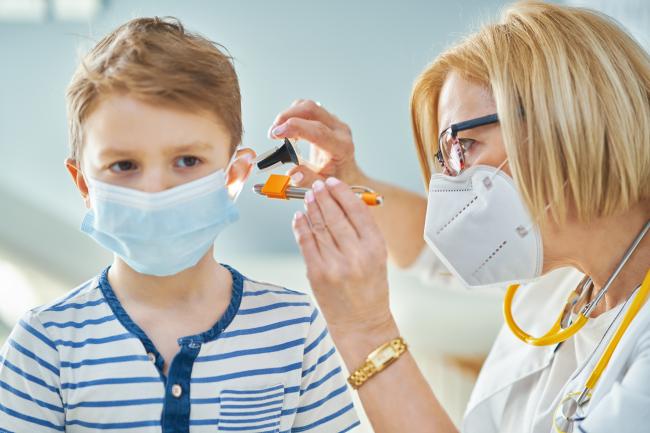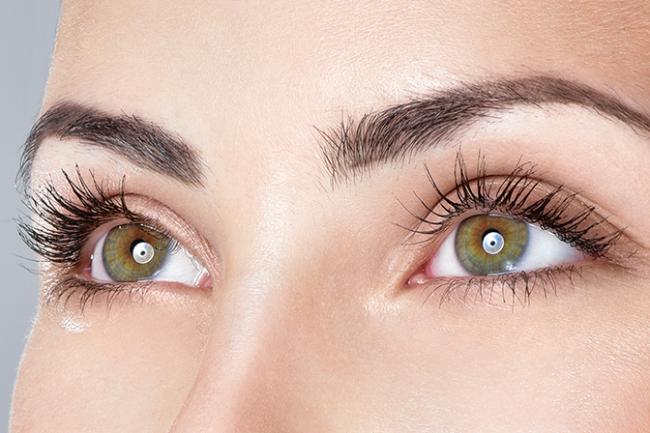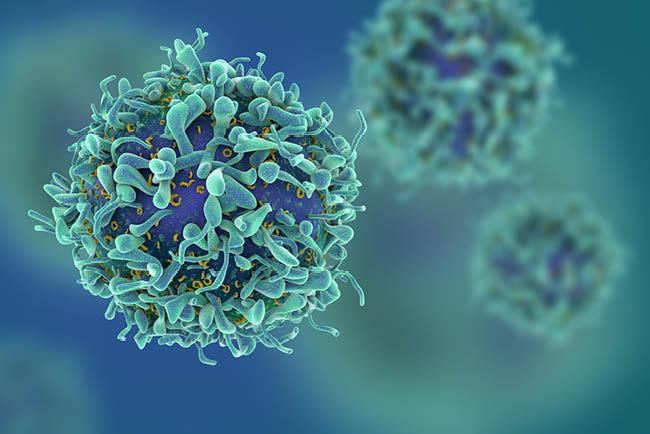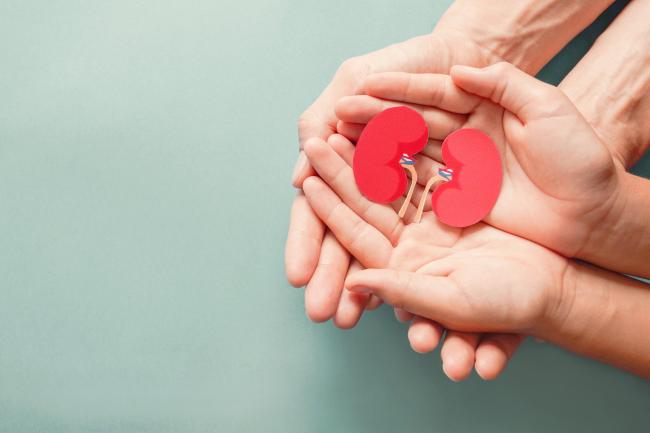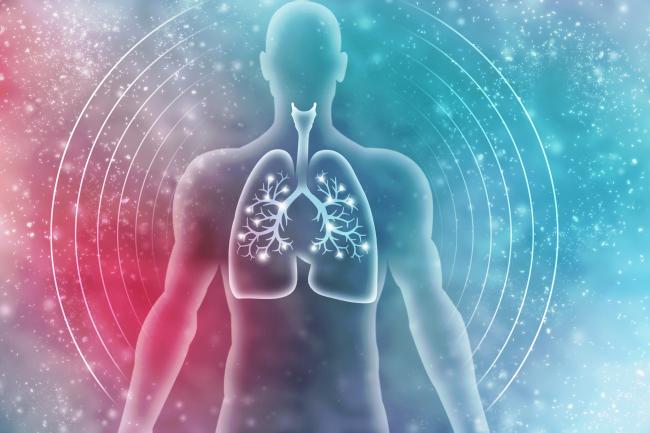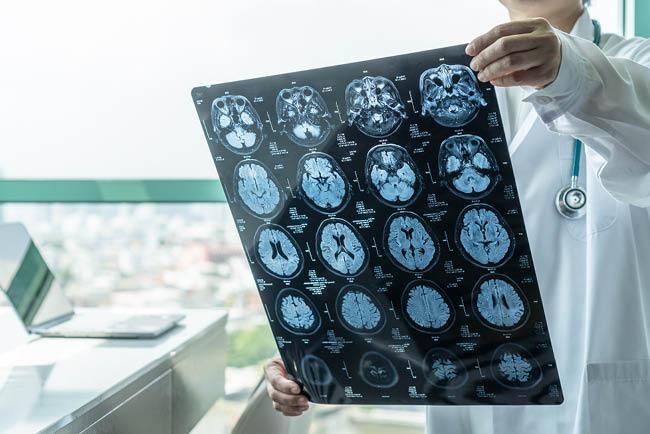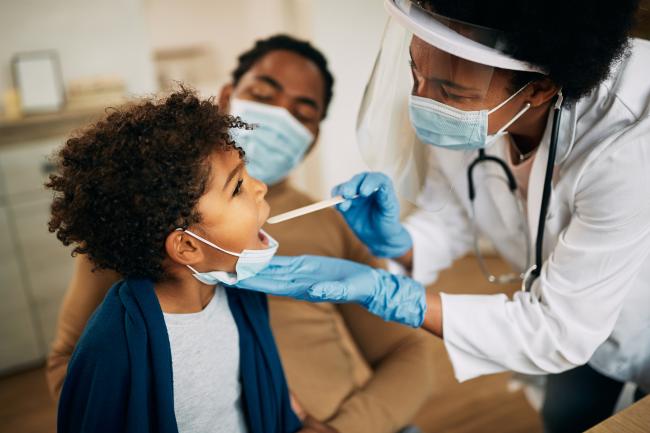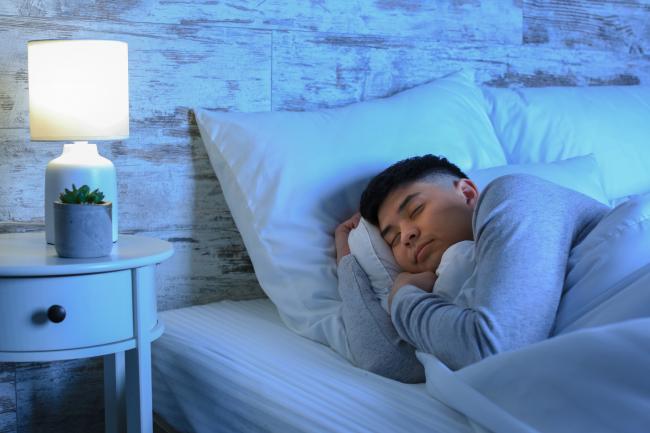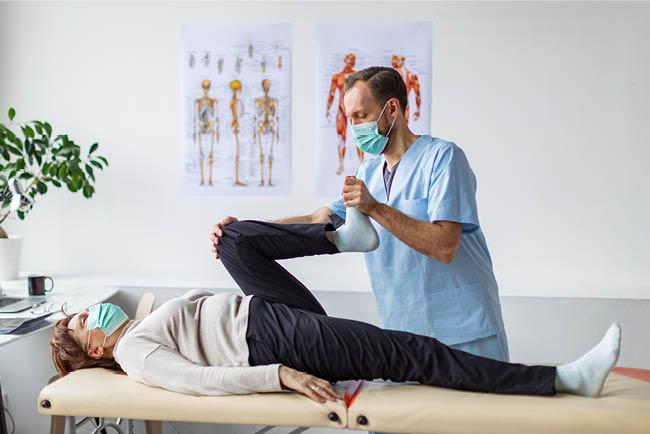Study Categories
-
A Study to Help Improve Symptoms of Gastroparesis (BREATHE)
Official Title
Breathing Reduces Enteric symptoms and Anxiety promoting Therapeutic Healing Experience (BREATHE) – A Randomized Clinical Trial in Patients with Symptoms of GastroparesisPurpose
The purpose of this research study is to see if practicing mindful breathing daily can reduce stress, improve sleep
and possibly improve symptoms in patients with Gastroparesis.Gastroparesis is a condition characterized by symptoms such as nausea, vomiting, feeling excessively full after eating a little bit, bloating and abdominal pain. One or more of these symptoms can be present in a given patient.
Your participation throughout the study will last 6 weeks.
Could this study be right for you?
• At least 18 years of age
• Able to read and understand English
• Has symptoms of gastroparesis for at least 6 months (gastric emptying study is NOT required for inclusion)Age Range
18 and up -
A Study to Test the Effect of Different Doses of BI 1358894 and Quetiapine in People With Depression
Official Title
A Study to Test the Effect of Different Doses of BI 1358894 and Quetiapine in People With DepressionPurpose
This study is being done to see if the study drug, called BI 1358894, compared to a drug called quetiapine, may help people with Major Depressive Disorder (MDD) who do not progress when taking an antidepressant medication alone. This study will help to gain information for providing better or new possible treatments for people in the future.
This study will take place over a period of 13 weeks and have about 8 visits to the study center and 2 that will be done by phone.
Could this study be right for you?
• Aged 18-65 years old
• Diagnosed with Major Depressive Disorder (MDD)
• Currently depressed
• Taking an antidepressantAge Range
18 and up -
A Study to Understand How Medications Can Affect Prediabetes in African Americans
Official Title
The Role of the Renin-Angiotensin-Aldosterone System in Adiposity, Blood Pressure and Glucose Metabolism among African Americans: Pilot StudyPurpose
The purpose of this study is to find out if taking one medication Diovan (valsartan) or a combination of two medications (valsartan and sacubatril) in one pill called Entresto, will improve prediabetes in Blacks /African Americans over the course of 6 months. We will also look for changes in blood pressure and blood vessel stiffness throughout the course of the study in order to better understand how these medications may impact prediabetes.
Could this study be right for you?
Inclusion Criteria: - African American aged 18-65 years old - History of impaired fasting glucose - Impaired glucose tolerance - A1c 5.7-6.4% or other risk factors for diabetes Exclusion Criteria: - Type 2 diabetes - Systolic blood pressure greater than 150/100 or medications to lower your blood pressure - Systolic blood pressure less than 100/60 - Steroid use - Hyperkalemia (high potassium levels)
Age Range
18 and up -
A Study Using the Medication Ferumoxytol to Develop an Enhanced MRI Test
Official Title
Development and Testing of Ferumoxytol-enhanced MRI Protocol in Healthy SubjectsPurpose
This study is being done to develop a Magnetic resonance imaging (MRI) test that provides better-quality whole-heart pictures. MRI is a non-invasive machine that collects detailed pictures inside your body. Healthy volunteers will be tested in the MRI scanner while being given a dose of a medicine called Ferumoxytol into an IV (intravenous catheter) that will be placed in your arm or hand. Ferumoxytol is a medicine usually used in patients with iron deficiencies and has recently been used as an alternative to other MRI contrast agents and has successfully been applied in adult and pediatric patient populations.
Could this study be right for you?
Inclusion: • Males and females ages 18 years and older • No history of cardiovascular disease Exclusion: • Evidence of any physical, mental, and/or medical conditions that would make the proposed studies relatively more hazardous including: • Reactions to MRI including metallic foreign body, orbital metal, cerebral aneurysm clip, pacemaker, defibrillator, coronary artery stent, neurostimulator, any other medical metallic implant • History of cardiovascular disease or uncontrolled high blood pressure • Claustrophobia • Inability to lie flat for up to 1 hour • Weight exceeding 300 pounds • Pregnancy
Age Range
18 and up -
A Study Using the RejuvenAir® System for the Treatment of Moderate to Severe Chronic Obstructive Pulmonary Disease with Chronic Bronchitis (SPRAY-CB)
Official Title
A Sham Controlled Prospective Randomized Clinical Trial of the RejuvenAir® System for the Treatment of Moderate to Severe Chronic Obstructive Pulmonary Disease with Chronic Bronchitis (SPRAY-CB)Purpose
The purpose of this study is to determine the safety and effectiveness of a device called the RejuvenAir® System, developed for patients with chronic bronchitis. The primary objective of this trial is to demonstrate the safety and effectiveness of the RejuvenAir® System for the treatment of adult subjects with a diagnosis of CB defined as COPD with classic 3 months of cough and sputum production for a minimum of 2 years who demonstrate ongoing symptoms of cough and significant mucus production. You will be in the study for approximately 36 months, including the screening period.
Could this study be right for you?
Inclusion Criteria: 1. Males and females 40-80 years of age 2. Must demonstrate daily cough and significant mucus production 3. Have had a diagnosis of chronic bronchitis (CB) and chronic obstructive pulmonary disease (COPD) for a minimum of two years. (CB is defined clinically as chronic productive cough for 3 months in each of 2 successive years in a patient in whom other causes of productive cough have been excluded) 4. Smoking history of at least 10 pack years 5. Non-smoking for a minimum of 2 months prior to consent and agrees to continue not smoking for the duration of the study Exclusion Criteria: 1. Have had an acute pulmonary infection, exacerbation or pneumonia requiring medical treatment (with antibiotics and/or steroids) within 4 weeks prior of initially planned study bronchoscopy 2. Diagnosis of Asthma 3. You have had any type of transplant procedure 4. Use e-cigarettes, vaping or inhaled substances not prescribed by a physician RejuvenAir® System 5. You are pregnant, nursing, or planning to get pregnant during study * This is a not a complete list of either inclusion or exclusion criteria
Age Range
40 and up -
A Study Utilizing Functional Feedback for Focused Ultrasound Thalamotomy for Tremor Surgery
Official Title
Functional Neuroimaging Feedback for Focused Ultrasound Thalamotomy for Tremor SurgeryPurpose
The goal of this study is to understand if there are any changes to the connections between the cells in the brain before and after the ultrasound surgery for the treatment of Essential Tremor. This will be done by comparing patients who have had ultrasound surgery and Essential Tremor with healthy individuals. This study may help us to better target the tremor region in the brain during the ultrasound surgery.
Could this study be right for you?
- You must be between the ages of 40 and 85
- Willing to have MRI imaging of the brainAge Range
40 and up -
A Study Utilyzing Cariprazine as an Add-on Medication in the Treatment of Major Depressive Disorder
Official Title
A Double-Blind, Placebo-Controlled Study of Cariprazine as an Adjunct to Antidepressants in the Treatment of Patients with Major Depressive Disorder Who Have had an Inadequate Response to Antidepressants AlonePurpose
The purpose of this study is to look into the safety and efficacy of cariprazine as an add-on medication in the treatment of major depressive disorder.
Could this study be right for you?
Inclusion criteria:
- Between the ages of 18 and 61
- Currently taking an antidepressant
- Currently experiencing symptoms of depressionAge Range
18 and up -
A treatment study for chondral lesion in your knee
Official Title
Evaluation of the efficacy of radiofrequency-based debridement vs. mechanical debridement for the treatment of articular cartilage lesions.Purpose
The purpose of this study is to evaluate 2 different treatments, Mechanical Debridement (i.e., a mechanical shaver that removes areas of damaged tissue) and Radiofrequency Debridement (i.e., electrical energy that removes areas of damaged tissue), used to treat the chondral lesion in your knee.
Could this study be right for you?
You may be eligible for this study if you:
• Are 18 - 50 years of age
• Suspected chondral damage in the following locations where debridement is indicated:
o Medial femoral condyle
o Lateral femoral condyle
o Trochlea
o Patella
• 1 or more chondral lesion(s) as noted on MRIExclusion:
• Previous chondral treatment in the same compartment (prior debridement and lavage performed more than three months prior to baseline are acceptable)
• Pregnant and/or intending to become pregnant during this study periodAge Range
18 and up -
A Treatment Study For COPD
Official Title
A Multicenter, Randomized, Sham-controlled Study to Evaluate Safety and Efficacy After Treatment with the Nuvaira™ Lung Denervation System in Subjects with Chronic Obstructive Pulmonary Disease (COPD)Purpose
The purpose of this research study is to evaluate the safety and efficacy of the Nuvaira System, which is made by Nuvaira, Inc., for Targeted Lung Denervation (TLD) Therapy.
The primary purpose of conducting this study is to see if TLD Therapy in addition to optimal medical care (daily breathing medications you have been prescribed by your doctor) is better at reducing a moderate or severe worsening of symptoms (known as an COPD flare-ups or exacerbations) and related hospitalizations than optimal medical care (daily breathing medications you have been prescribed by your doctor) alone.
Could this study be right for you?
Inclusion Criteria:
• Between 40 and 75 years of age
• Non-smoking for a minimum of 2 months prior to consent and agrees to not smoke for the duration of the study
• Diagnosis of COPD with 30% ≤ FEV1 <60% of predicted and FEV1/FVC <70% (post-bronchodilator)
• SpO2 of at least 89% on room air at the time of screening
• Has a documented history of having minimally been taking a regular respiratory maintenance medication for at least 12 months at the time of consent; medications will be reviewed by study team
• If you have participated in a formal pulmonary rehabilitation program recently, program completion should have occurred more than 3 months prior to consent; if in a maintenance program, you will agree to continue your current program through your 12-month follow-up visit;
• Additional criteria will be reviewed by the study teamInvolvement in this study will last approximately 62 months.
Age Range
40 and up -
A Treatment Study for Damaged Knee Cartilage Requiring Repair-- Hyalofast with BMAC
Official Title
A prospective, randomized, active treatment-controlled, evaluator-blinded (radiologist reviewer and physician evaluator) multicenter study to establish the superiority of a hyaluronan-based scaffold (Hyalofast®) with autologous bone marrow aspirate concentrate (BMAC) in the treatment of articular knee cartilage defect lesions in comparison to control (microfracture treatment)Purpose
The purpose of this research study is to evaluate an investigational procedure for treatment of damage to the cartilage in your knee, also called a defect or lesion, which requires repair. If eligible, you will receive one of two possible arthoscophy procedures. You may be assigned to receive the study procedure to implant Hyalofast® scaffold in your knee together with cells from your own bone marrow, called Bone Marrow Aspirate Concentrate, or BMAC. Bone marrow is the substance found inside your bones that among other things helps to make blood cells. The other possible procedure is called Microfracture and is one of the current standard of care options to treat your condition.
Could this study be right for you?
-Ages 18 to 60.
-Patient’s body mass index (BMI) is <35 kg/m2
-Patient has a symptomatic lesion of the femoral condyle (medial and/or lateral) or femoral trochlea that is between 1--6 cm2 on screening images confirmed by the independent radiologist
-Patient is using only nonsteroidal anti-inflammatory drugs or acetaminophen/paracetamol during the month before signing the informed consent form to treat knee pain
-Patient is willing to use other pain medication rather than NSAIDS for 6 months post-surgery (e.g. acetaminophen, or narcotic analgesics, if prescribed). Post-surgical use of aspirin for clot prevention is acceptable.
-Patient is willing to restrict pain medication after 6 months post-surgery to NSAIDs or acetaminophen/paracetamol only through the end of the trial
-No history of previous microfracture or other cartilage repair procedure on study knee
-Not currently pregnant or expecting to become pregnant in the next 12 months
-No diagnosis of advanced osteoarthritisAge Range
18 and up -
A Treatment Study for Single Articular Cartilage Lesion of the Knee--NOVOCART®3D (N3D)
Official Title
A Phase 3 Prospective, Randomized, Partially Blinded Multi-Center Study to Measure the Safety and Efficacy of NOVOCART® 3D, Compared to Microfracture in the Treatment of Articular Cartilage DefectsPurpose
The purpose of this research study is to evaluate an investigational procedure for treatment of knee cartilage defects. If eligible, you will receive one of two possible surgical procedures. One is the investigational procedure under study, utilizes the Novocart® 3D autologous cartilage implant system. The other possible procedure is called Microfracture and is one of the current standard of care options to treat your condition. Both surgical procedures will be followed by pain and knee function assessments and a course of physical rehabilitation.
Could this study be right for you?
Inclusion Criteria:
--Ages 18-65
•Little response to conservative treatment (non-operative treatments such as physical therapy, weight loss)
•Single articular cartilage lesion on the femoral condyle (round projection at the end of the femur) 2-6 cm2
•BMI less than 40Exclusion Criteria:
•Instability of the knee joint
•Arthritis
•Autoimmune disease
•Immune suppression
•Prior surgical treatment using mosaicplasty, autologous chondrocyte implantation and/or microfracture (debridement and lavage are acceptable beyond three months from baseline)
•Bone disease
•Any degenerative muscular, connective tissue or neurological condition or other disease process that would interfere with healing or the evaluation of outcome measures.Age Range
18 and up -
A Treatment Study for Subchondroplasty® Procedure in the Hip
Official Title
A Longitudinal Outcomes Study of the Subchondroplasty® Procedure in the HipPurpose
To collect outcomes data for patients undergoing the Subchondroplasty® (SCP®) Procedure in the hip. Outcomes to be assessed include medication usage, pain, function, activity levels and patient satisfaction.
Could this study be right for you?
Eligibility Criteria
• 18 years of age or older
• Subchondral bone defect(s) in the hip (femoral head, femoral neck and/or acetabulum) has been confirmed via MRI or x-ray.
• Other requirements reviewed by the physician.Exclusion Criteria:
• Collapse of the subchondral boneAge Range
18 and up


